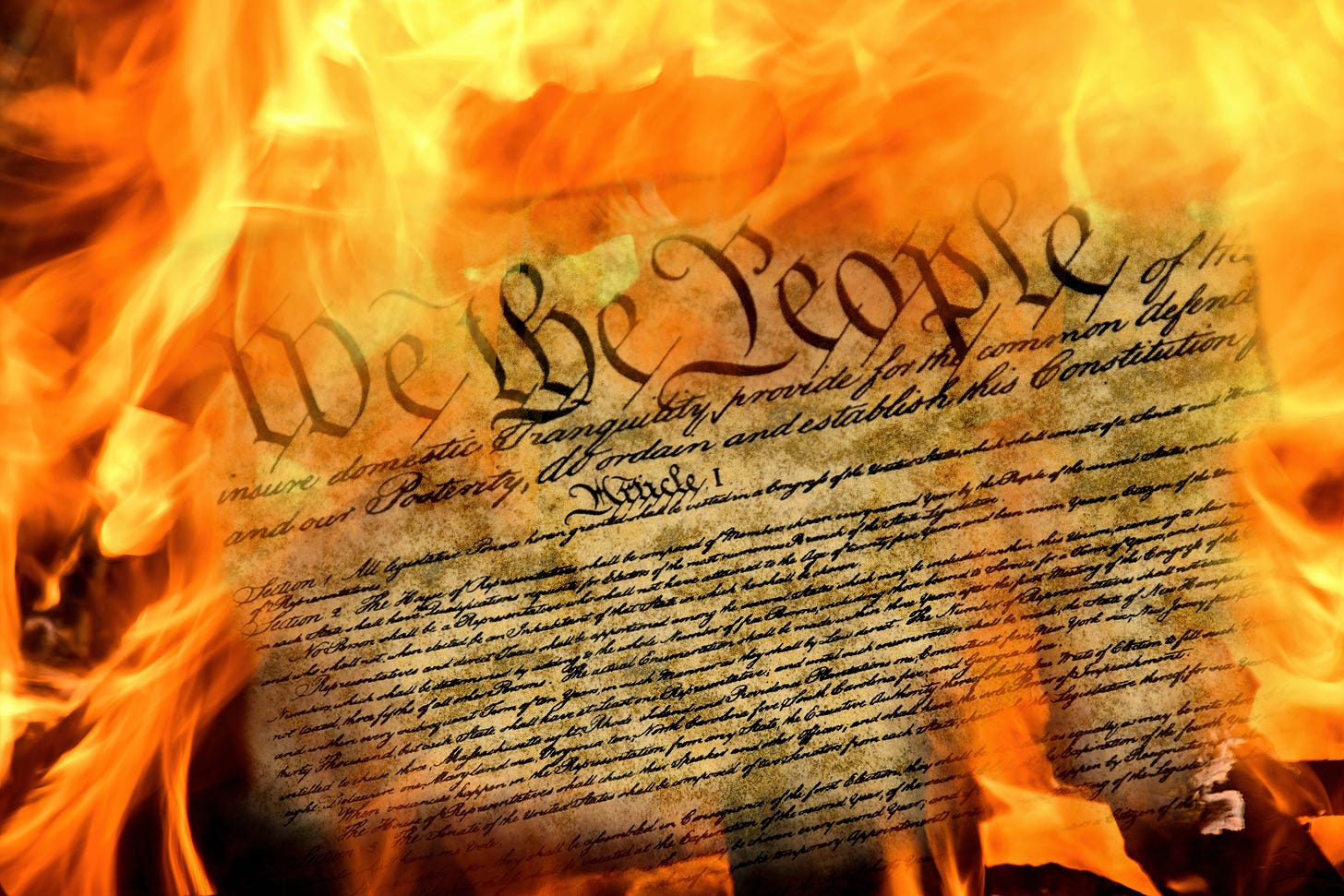Democracy Isn't Under Threat. Liberal Elites Are Just Losing Control.
Legitimate democratic choices cannot be labeled anti-democratic simply because they run counter to elite liberal orthodoxy.
In a recent New York Times editorial titled “Why Cultural Decline in the U.S. Is a Threat to Democracy,” British constitutional lawyer Jonathan Sumption warns that the United States is at risk of becoming a “failed democracy,” primarily due to the deterioration of the “political culture” necessary to sustain democratic institutions.
Although Sumption bel…




